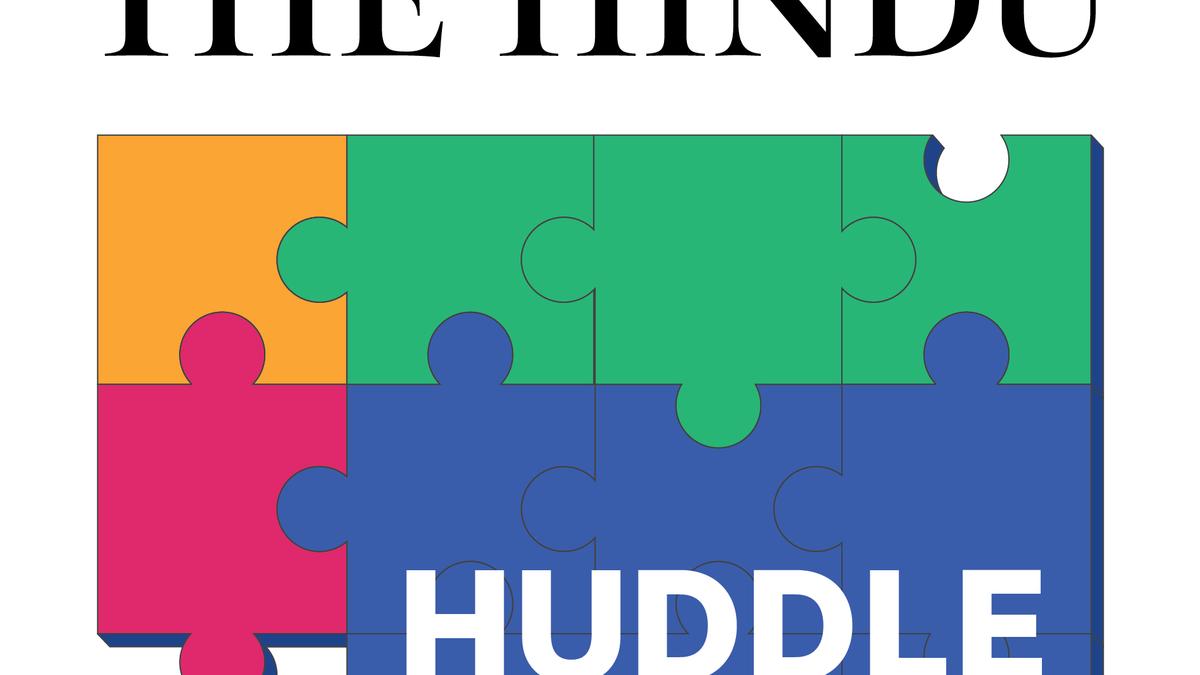
The Hindu Huddle will be held on May 9 and 10 in Bengaluru.
In theory, it is already possible for an individual to create facial recognition software using Artificial Intelligence — software that could scrape billions of images from the Internet without permission, recognise faces, and identify individuals. Some of the large AI tools today are capable of doing this, but they refrain for ethical reasons. In that sense, ethics is currently woven into AI, but that may not remain the case as smaller, decentralised AIs emerge to meet growing market demand.

AI can be used for surveillance, for generating deepfakes, and for spreading disinformation — all areas already rife with ethical concerns. It can also embed and automate bias, especially in hiring. The unspoken truth is that hiring often wants to be biased. AI can enable this subtly, simply by tweaking a few parameters.
There is also an innate human need to always know whether one is interacting with a human or a machine. Yet it is often in a company’s interest to conceal that the engagement is with AI. For instance, people may be fine living in homes designed by AI, but they need to know that. They would be far less comfortable reading novels entirely written by AI, even if they are works of pulp fiction. In the near future, publishers may release AI-generated books created in a single day, while actively hiding that fact.
This raises the need for an industry standard to govern such practices. But is that even possible? Can ethics keep pace with the rapid evolution of AI? Ethics, after all, is a broad, ambiguous set of rules based on what we know. The future will present wholly unfamiliar scenarios. Who, then, will set the ethical rules for what is yet to come?
We like to talk about ethics because it represents a part of morality that remains outside the purview of the State. We want to be seen as good people — while keeping the law and the government out of our businesses. But that is also why ethics lacks teeth. Morality, outside religion and the law, is just statement of intent.
Legality, by contrast, is a formalised version of ethics — those ideas a society has agreed upon and encoded into law. But legality implies regulation, and regulation implies government. So, how willing will businesses be to articulate ethical standards, knowing that doing so may invite legal oversight?
These are some of the questions that will be discussed during The Hindu Huddle session titled ‘AI for all? The dream of a democratised and ethical technology’. The participants are Astha Kapoor, co-founder, Aapti Institute; Kalika Bali, senior principal researcher, Microsoft Research, India; and Tanvi Lall, Strategy, People+AI, and the conversation will be moderated by Manu Joseph, author, columnist, and screenwriter.
The Hindu Huddle will be held on May 9 and 10 in Bengaluru. If you have any questions that you would like our moderator to ask the panellists, write to us at [email protected].
Published – May 02, 2025 10:46 pm IST
Anurag Dhole is a seasoned journalist and content writer with a passion for delivering timely, accurate, and engaging stories. With over 8 years of experience in digital media, she covers a wide range of topics—from breaking news and politics to business insights and cultural trends. Jane's writing style blends clarity with depth, aiming to inform and inspire readers in a fast-paced media landscape. When she’s not chasing stories, she’s likely reading investigative features or exploring local cafés for her next writing spot.




